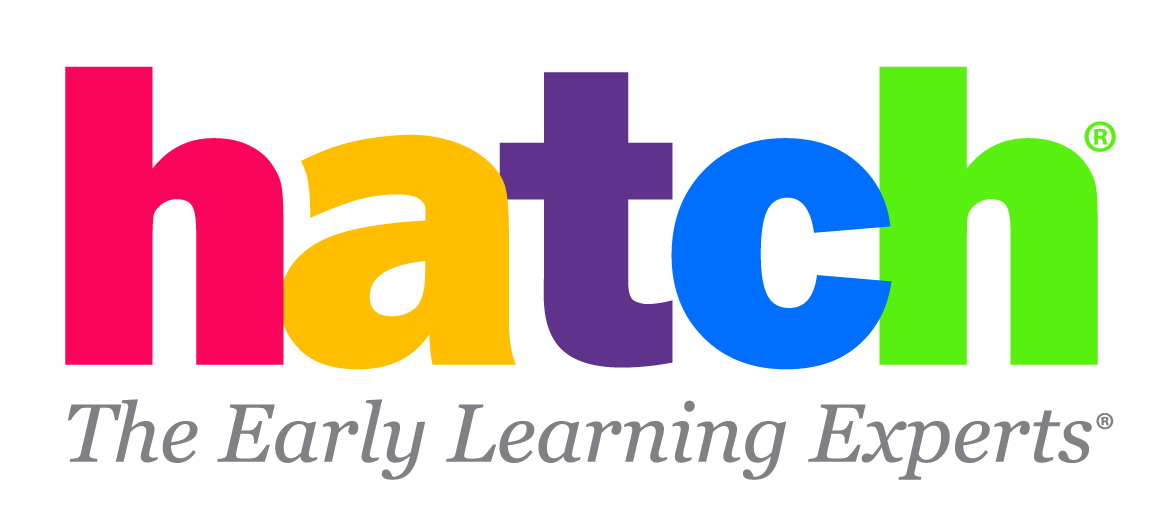Every year, for the past two decades, the National Institute for Early Education Research (NIEER) at Rutgers University releases their State of Preschool report. Over that time, we have seen incremental progress in state preschool enrollment, spending per child, and quality initiatives; however, this year’s report for the 2020-2021 school year illustrated the pandemic impact has set us back.
According to U.S. Secretary of Education Miguel Cardona, “Preschool should be available for everyone, but right now it’s not. Even if we fully rebounded, we’re not where we need to be. It’s unacceptable to just go back to where we were.”
At Hatch Early Learning, we know that foundational skill development is critical for future success and that every child should have access to high-quality learning experiences.
So, what does this report mean? What do we do know?
There is a lot that can be done at federal and state levels to increase access and enrollment; however, there is also an important ripple effect that this decrease in enrollment in preschool will have on kindergarten readiness. What does this mean moving forward? What is going to happen when these children go to kindergarten?
Kindergarten readiness, also known as school readiness, encompasses what children should “know” upon entering kindergarten. Most often the focus is on their cognitive understanding of foundational skills, including physical development and social and emotional development domains. With this drop in enrollment, we know children are going to be entering kindergarten in the fall with a wider range of learning differences than previous years, more importantly a wider gap in children’s experiences within the classroom environment itself. Our kindergarten educators already have a great deal on their plate at the beginning of the school year, but will need more support this fall than in previous years.
The beginning of the school year is an important time for educators to get to know the children in their class as well as their families. It is also the time when kindergarten educators in many states are required to implement a Kindergarten Entry Assessment (KEA). Based on research done in 2016 by the Institute of Education Sciences, the majority of states require KEA results to inform instruction, identify students who need additional supports, help with curricula and professional development planning, or provide a statewide picture of kindergarten readiness to leverage for investments into early childhood. While this information is important, it can be quite time-consuming for educators and takes away that invaluable time to build relationships with children and families, as well as time to implement routines to ensure children are ready to learn.
Kindergarten educators are going to need resources that they can leverage in the fall, where children can sign on and work independently and that will provide them with comprehensive insights into where each child is in their learning journey. The ability for children to work independently is key to provide teachers with the time to focus on creating a safe and positive environment for children to learn throughout the year. Our kindergarten educators are going to need as much information as possible, as early as possible in the school year, to help all children reach their full potential.
At Hatch, we’ve developed Ignite by Hatch™ to do just that. Ignite is designed to help educators save time on evaluating children’s understanding of foundational concepts, so they can spend more time with those critically important, face-to-face interactions with children.
“Ignite has everything. When I say everything, I am saying all the subjects. Everything in one app and the children love it. They are engaged in the lessons, and they look forward to seeing how many minutes they played during the week," said one kindergarten teacher.
For the kindergarten classroom, Ignite is the only digital learning tool for early learners that accelerates whole child development across 7 domains, with an emphasis on literacy, math, and social and emotional learning. This paints a rich picture of each child, while also helping educators save time and planning energy in areas where they wish they could focus. Because of competing requirements for teachers there is often little time for domains outside of literacy and math.
“We correct social-emotional learning issues as we go since we don’t have many social-emotional resources. The kids need the scenarios offered by Ignite to teach them how to react to peers in social settings. Ignite offers scenarios teaching them how to react and what not to do. A lot of us can’t get to this in lesson planning because it’s so time consuming!” said Wendi Acosta, a kindergarten teacher at Toledo Public Schools.
In as little as 30 minutes of independent play per week, children make meaningful progress towards their individual goals and provide teachers real-time, objective, and actionable data . Ignite meets children where they are and supports their development through the beginning of first grade.
To learn more about how Ignite can support Kindergarten educators, fill out the form below.

